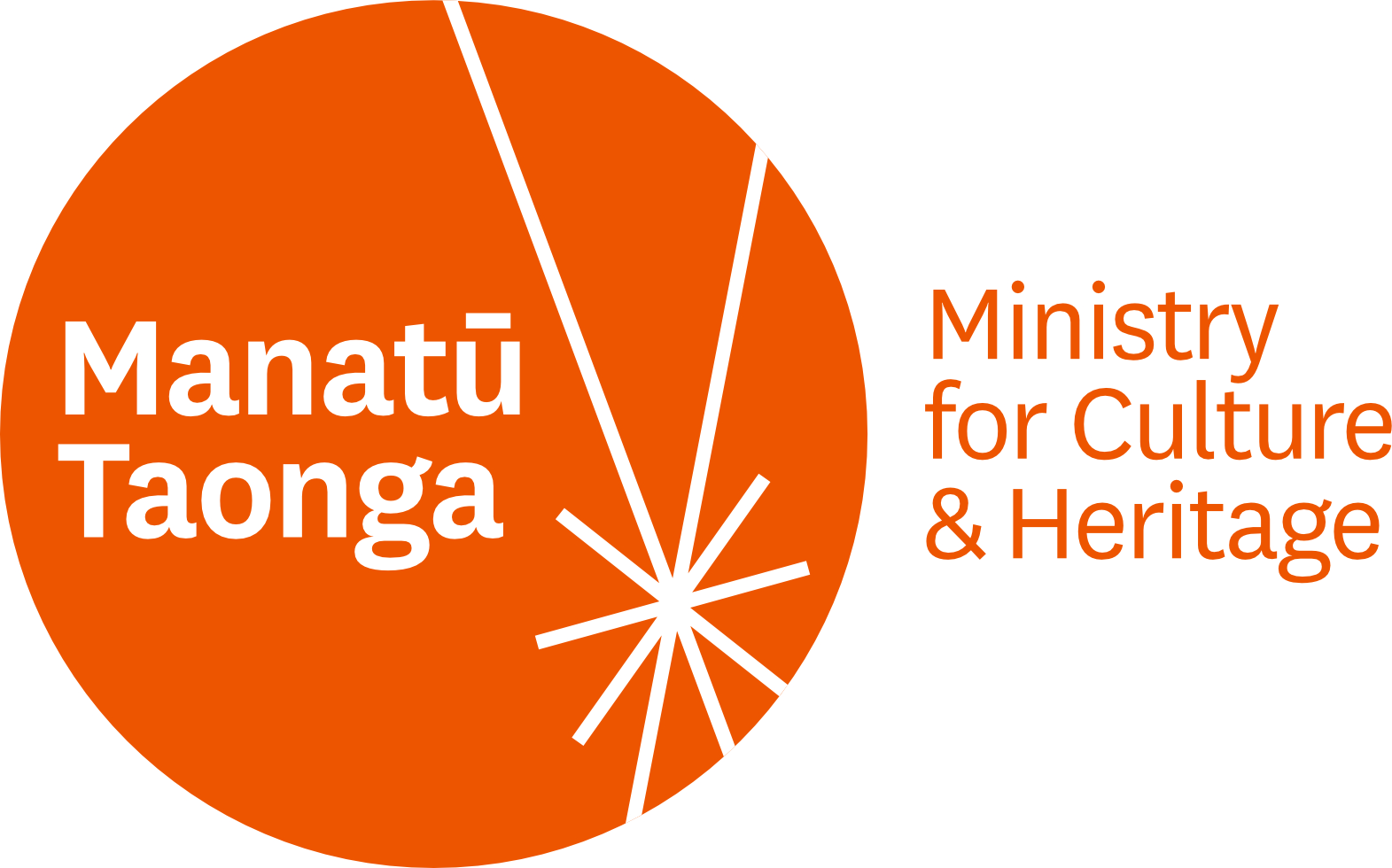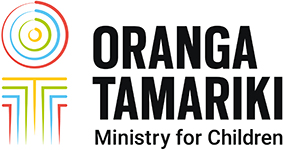Writing “a tool for emotional growth”
25 June 2012
“The moment I started writing, a weight was lifted off me. Writing became a tool for emotional growth.” These are the words of a prisoner who occasionally runs poetry classes in Invercargill Prison.
For Peter (not his real name), his first experience of writing produced two unexpected poems, written in response to his brother’s death 16 years ago. He describes the writing experience at the time of his brother’s death as the start that he hadn’t seen coming.
Following directly after that, however, was a momentous writing experience where he wrote 35,000 words continuously over four days. “It was about my childhood. It was something that needed to come out of me, a release,” Peter recalls.
“The floodgates opened, not so much with new thinking but with things I’d been carrying a long time. It was the whole weight off my shoulders thing. My partner said I was actually standing up straighter after it.”
Always a reader
Peter has always been a reader. From an early age, he read many of the 400 books that lined his mother’s shelves. Aleksandr Solzhenitsyn’s Cancer Ward has stayed in his memory. Solzhenitsyn wrote about entering the gulag, having just lost his family and every earthly possession. In the face of the intensely difficult circumstances ahead, he felt free.
These days, Peter writes short stories that are about politics, animal welfare and relationships. His favourite author, British writer and poet Jeanette Winterson, influences his writing style.
“When I was doing the poetry classes here, there were two guys who were particularly interested,” Peter says. “It made their outlook on life and relationships open up. We laughed a lot.”
His teaching method was for writers to connect with a stream of consciousness – a deliberate focus away from writing about an idea or a theme or a particular writing style and “let the first thoughts arrive. A sentence or a recurring word might come that didn’t appear to be connected to much. I would get them to just start there and respond to that.”
The harder thing, he says, is to pick something random and tell the class, “This is what we’re going to write about”.
The first thought the truest
“I am a firm believer that the first thought will be your truest thought. When you’re using this method, there is something real about being able to connect to a thought and follow it.”
Asked if he thinks creative writing classes are likely to improve prisoner literacy and help prisoners develop an interest in the written word and valuable skills, he says: “If we had creative writing classes in prison, I think they would definitely help.”
Peter’s goal is to earn money through writing to pay the bills and to do a creative writing course. At the moment, he is in the second year of an arts diploma.




